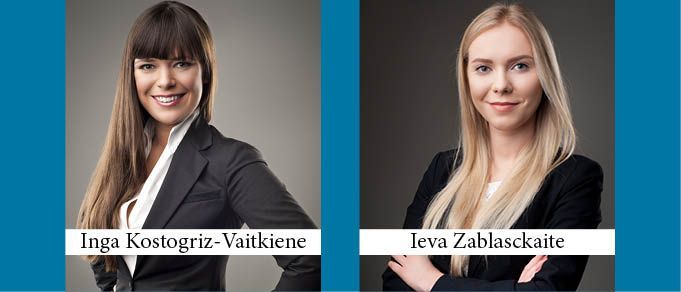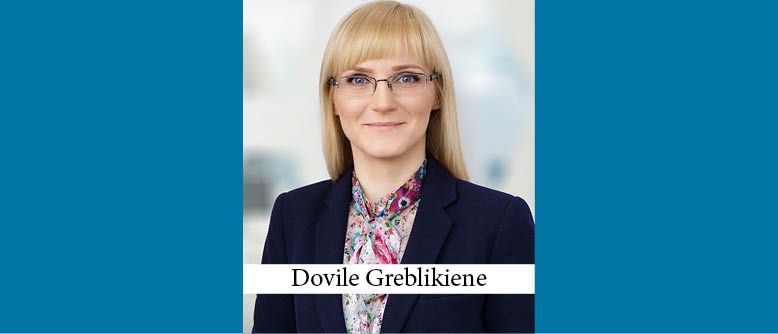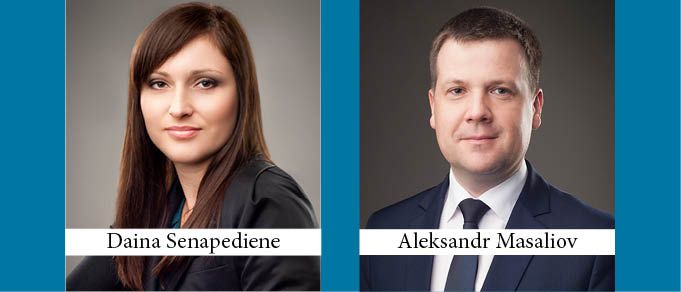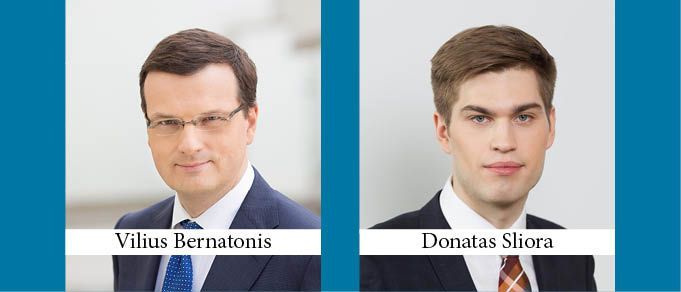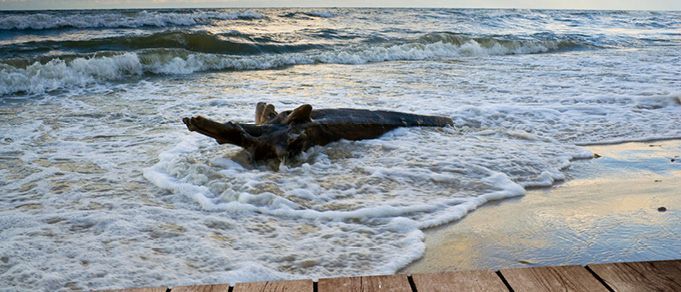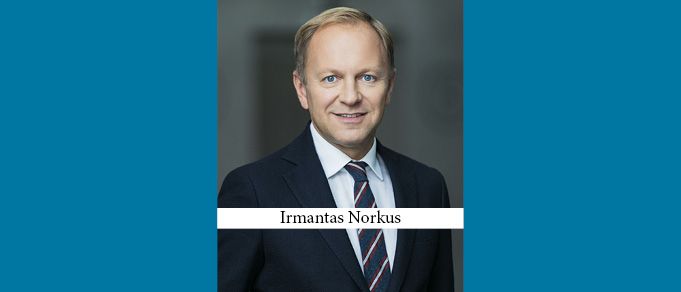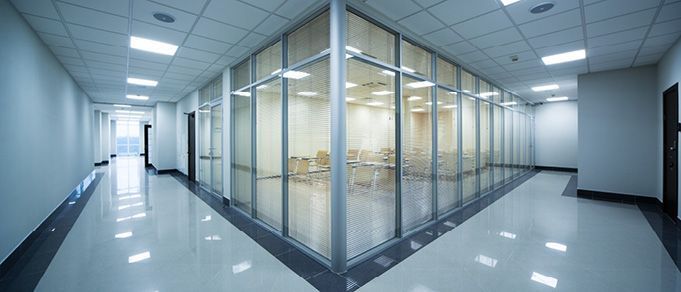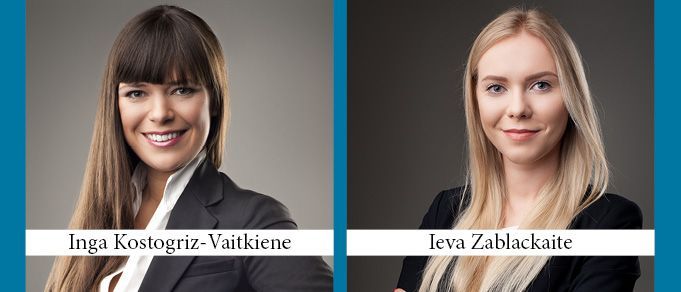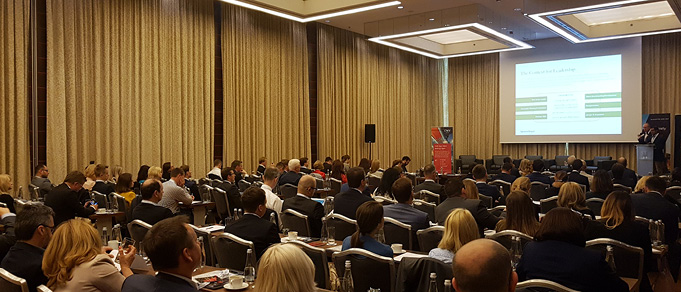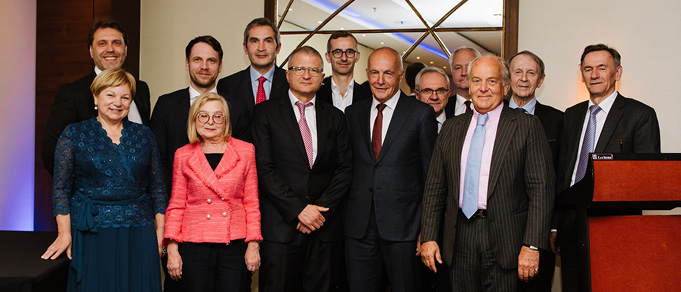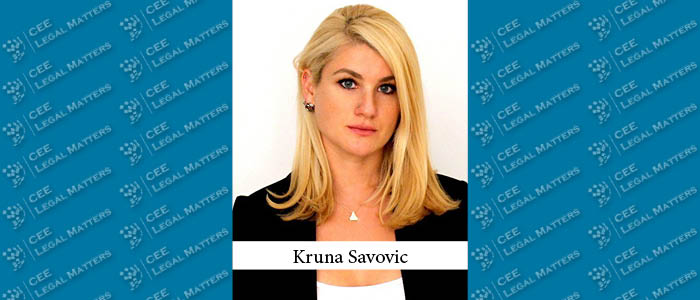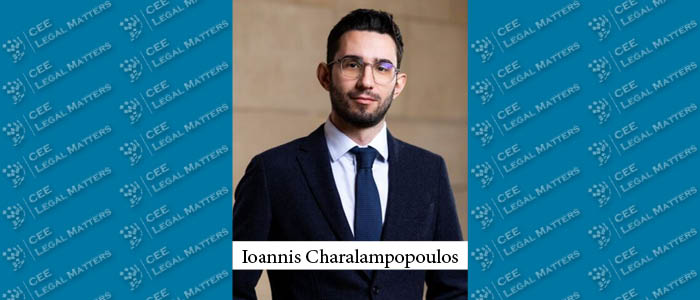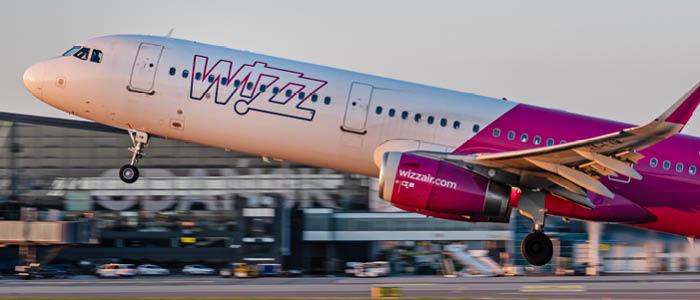The European Union’s General Data Protection Regulation is, according to the EU-hosted GDPR website, “the most important change in data privacy regulation in the past 20 years.” The Act, which was approved by the EU Parliament on April 14, 2016 and will become fully effective on May 25, 2018, was designed “to harmonize data privacy laws across Europe, to protect and empower all EU citizens’ data privacy, and to reshape the way organizations across the region approach data privacy.”
The New Concessions Law in Lithuania
The new Lithuanian Concessions Law came into force on January 1, 2018. With the new legislation, Lithuania has adopted European Parliament and Council Directive 2014/23/EU on the award of Concession Contracts, which establishes a balanced and flexible legal framework for the award of concessions and ensures effective and non-discriminatory access to the market for all economic operators. The new Lithuanian legislation aims to ensure transparency and fair competition in the development of infrastructure and the provision of services of general economic interest, as well as the attraction of national and EU-wide private investors to the public sector.
A Night of Celebration at CEE Deal of the Year Awards Banquet in Prague
The winners of the 2017 CEE Deal of the Year Awards were announced at the first ever CEE Legal Matters Deal of the Year Awards Banquet last night in Prague. The biggest smiles in the joyous and music-filled celebration of CEE lawyering, perhaps, were on the faces of Partners from Avellum and Sayenko Kharenko, which, along with White & Case and Latham & Watkins, won the award both for Ukrainian Deal of the Year and CEE Deal of the Year for their work on the 2017 Ukraine Eurobond Issue (a story initially reported by CEE Legal Matters on October 2, 2017).
The Promising Wind Power Generation Perspectives in Lithuania
The Lithuanian energy sector, like the European Union’s, faces the challenging task of finding an effective and competitive way to transition to clean energy while at the same time ensuring a secure energy supply. Energy efficiency, renewable energy, and prosumers are first priorities.
Liability of Company Directors Under Lithuanian Law
The Supreme Court of Lithuania has established a precedent that tightened rules on personal liability for directors of companies.
Lithuanian Tax Environment: Green Light for Investment
A favorable tax system is viewed as one of the most significant incentives for foreign investment in a given country. According to this year’s World Bank’s and PwC Paying Taxes study, Lithuania ranks 27th globally in terms of the ease of paying taxes. It is indeed a high standing, ahead of other CEE countries such as Romania, Poland, Slovakia, and Hungary. We dare say the ranking accurately reflects the efficient operation of Lithuania’s tax system.
Lithuania Continues its Fight Against Corruption and Money Laundering
Money laundering and corruption are closely related; therefore, they should be tackled systemically. Lithuania’s setting in these areas is rather ambiguous – it is ranked among the top performers when it comes to an anti-money laundering regime and its effectiveness, but it performs worse than EU average when it comes to the perception of corruption (Lithuania was ranked 38th in the Global Corruption Perceptions Index reported by Transparency International in 2016).
Innovations in the Code of Civil Procedure of Lithuania – Significant Help for Litigators
A package of amendments to the rules of the Civil Procedure Code came into effect in Lithuania on July 1, 2017. A number of these amendments are significant for business and for advocates.
A Baltic Round Table
On July 18, 2017, an elite selection of Baltic legal experts from both the private practice and in-house worlds gathered at Cobalt’s Riga office for an in-depth discussion about the Baltic legal markets.
Guest Editorial: Times are Good – Baltics Roar Again
The overall recovery of global economies and, specifically, growth in Europe, has had a direct impact on the legal markets of the Baltic countries.
The Corner Office: The Least Favorite Thing
In The Corner Office, we invite Senior and Managing Partners at law firms from across the region to share information about their careers, management styles, and strategies. For this issue, we asked them to describe their least favorite part of their jobs.
Lithuania Liberalizes Labor Code
In pursuit of solutions to the problem of unemployment and the flexibility of the labor market, Lithuania has endorsed a new Labor Code, which will come into force on July 1, 2017. The main objectives of the new legislation are to adapt the country’s laws to reflect progress in the market and to allow more liberal labor relations between employers and employees. The changes are intended to facilitate job creation, reduce the unemployment rate, ensure clarity in labor relations, and make the Lithuanian market more attractive to investors.
Third Annual GC Summit in Warsaw the Biggest Yet
The 2017 CEE Legal Matters General Summit took place at the Intercontinental Hotel in Warsaw on June 1-2, 2017, once again bringing together well over a hundred General Counsel and Heads of Legal from across Central and Eastern Europe for two full days (and one entertaining evening) of seminars, panel discussions, best practices review, and networking. This year’s event — the third annual, following the 2015 GC Summit in Budapest and the 2016 GC Summit in Istanbul — was the biggest and most successful yet.
Elite CEE Lawyers Gather in Warsaw for Market Makers Award Ceremony
On May 31 and June 1, 2017, CEE Legal Matters was proud to host a rare event: A gathering of those senior lawyers from each Central and Eastern European country identified by peers as being most influential, most important, most uniquely responsible for having created the country’s modern commercial legal market.


